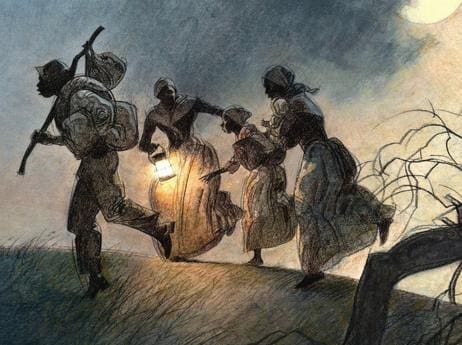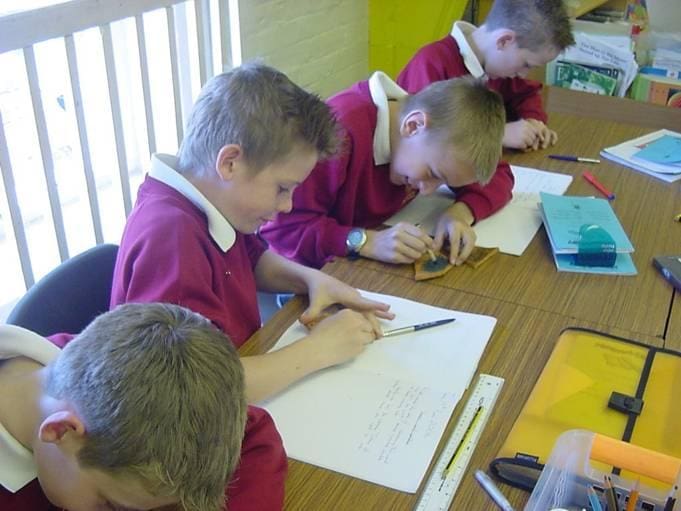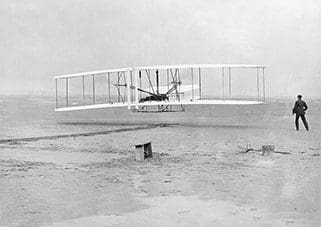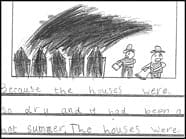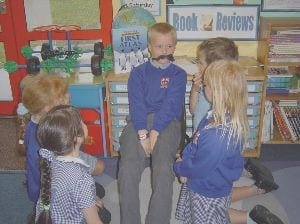
This short advice sheet invites schools to consider how they will commemorate the centenary of armistice day and provides an illustrated PowerPoint presentation offering 8 attractive ideas to set you thinking.
This supports two outstanding lessons that feature on the website:
What do we remember on Poppy Day / Remembrance Day
This session revolves around a PowerPoint presentation which poses 6 significant questions, each designed to encourage pupils to think and to share their knowledge and understanding of this annual event.
Poppy Day: what are memories?
This lesson uses fiction and objects to stir recollections of the First World War.
The national context for armistice day
Fittingly falling on Remembrance Sunday, this year’s Armistice Day will be commemorated with events up and down the country marking one hundred years to the day since hostilities ceased and the guns finally fell silent at the 11th hour, of the 11th day of the 11th month of 1918.
On 11th November there will be a series of events to mark the centenary of the Armistice, including a commemorative service at St Symphorien Cemetery near Mons, Belgium, where the war began in 1914 and where the first and last casualties of the battle lie.
The National Service of Remembrance at London’s Cenotaph will follow traditional lines, as it remembers the fallen of all conflicts, but the march-past which follows will be expanded. During the day, church and other bells will ring out as they did at the end of the First World War, and government funding is supporting the Central Council of Church Bell Ringers to recruit 1,400 ringers – the number lost during the war.
The day will end with a service at Westminster Abbey, London, along with others in Glasgow, Cardiff and Belfast, to give thanks for peace and those who returned.
Ten thousand members of the public will be invited to march past the Cenotaph to mark the centenary of the Armistice later this year, Culture Secretary Jeremy Wright announced in July.
Descendants, family members and the public are invited to apply to take part in ‘A Nation’s Thank you – The People’s Procession’ on Sunday 11 November 2018.
At the same time, people are being encouraged to ring bells around the world, as the government is seeking to replicate the spontaneous outpouring of relief that took place in 1918. As news of the Armistice spread, church bells, which had fallen silent across the UK the First World War, rang out in celebration.
Culture Secretary Jeremy Wright said:
On the centenary of the Armistice, it is right that we come together to give thanks to those who paid the ultimate sacrifice and those who returned home to help shape the world we live in today. The 11th of November offers us a unique opportunity to show our appreciation for the generation who gave so much to secure this hard fought victory. I encourage everyone, whatever their connection to the First World War, to apply to participate in the People’s Procession and join in with the bell ringing programme to help us mark this historic occasion. This will be a fitting conclusion to the four year commemorations of the centenary of the First World War and will ensure the stories from this important period of our history are passed down to future generations.
But what will your school be doing?
The accompanying illustrated PowerPoint offers 8 ideas to set you thinking over the next four weeks.

